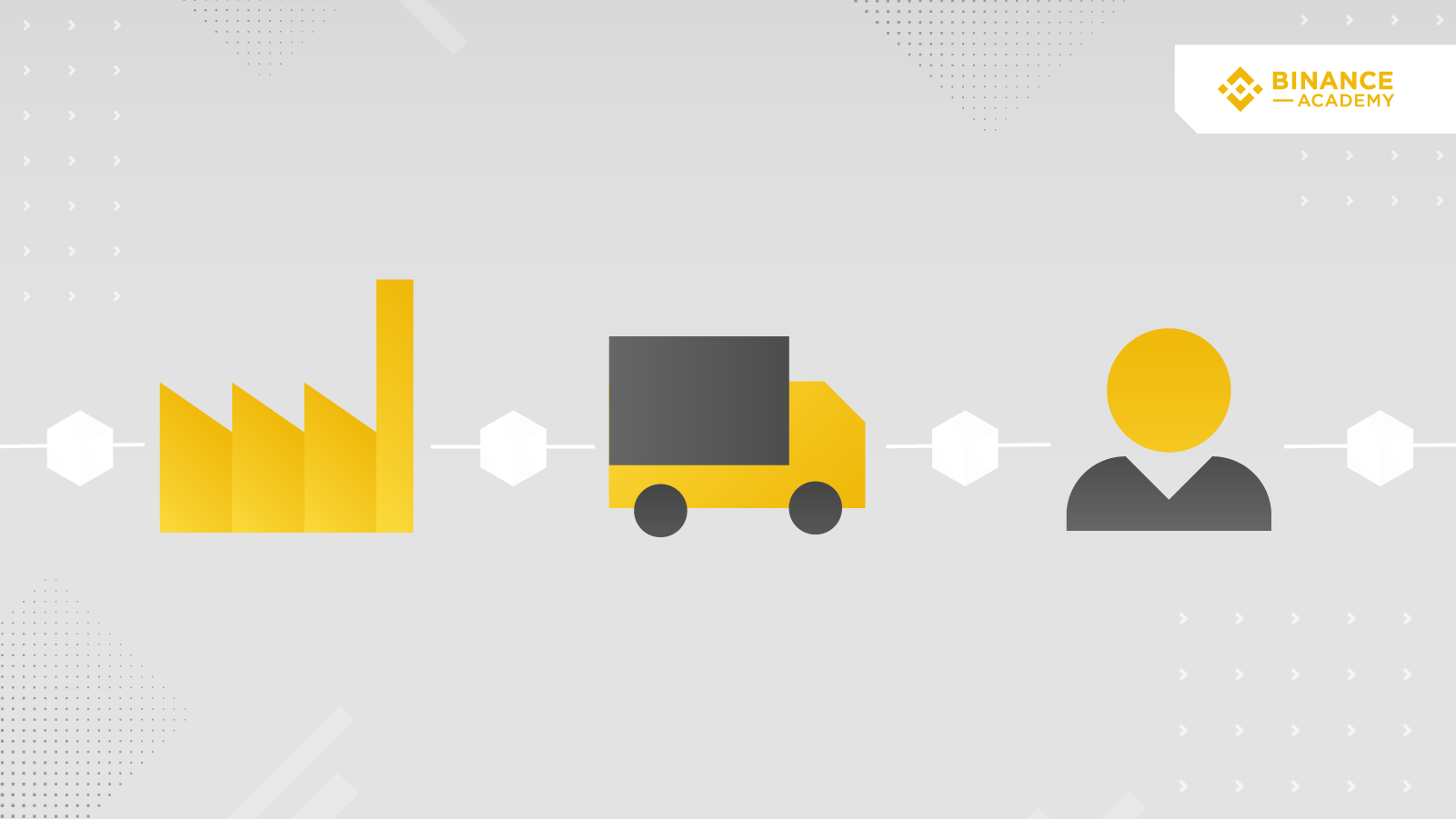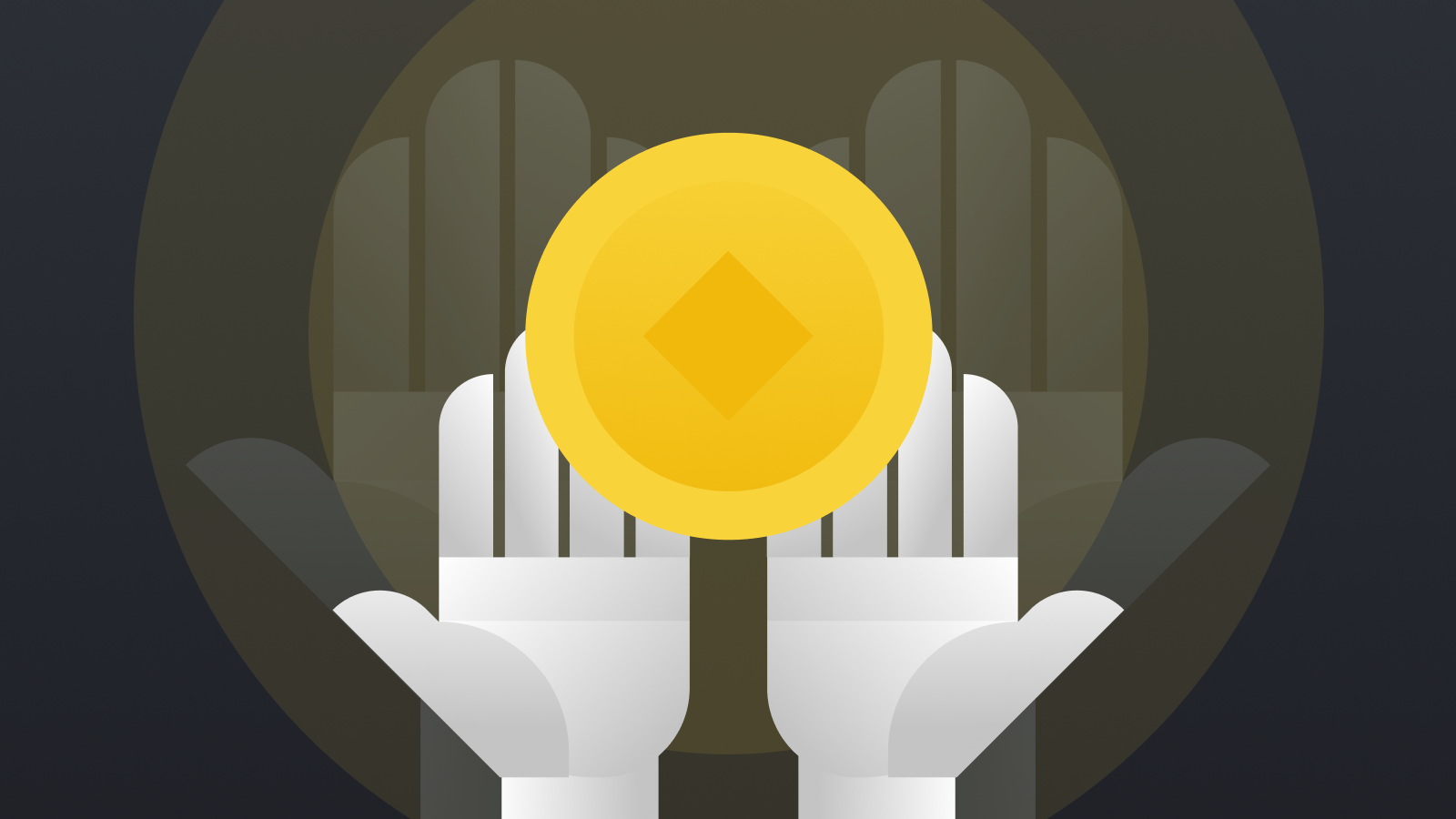A supply chain is a network of people and businesses involved in creating and distributing a particular product or service - all the way from the initial suppliers to the end users and customers. A basic supply chain system often involves the suppliers of food or raw materials, the manufacturers (processing stage), the logistics companies, and the final retailers.
Currently, the supply chain management system is plagued by a lack of efficiency and transparency and most networks face difficulties when trying to integrate all parties involved. Ideally, the products and materials, as well as money and data need to move seamlessly throughout the various stages of the chain.
However, the current model makes it difficult to maintain a consistent and efficient supply chain system - which impacts negatively not only the profitability of the companies but also the final retail price.
Some of the supply chain's most pressing issues can be addressed through the use of blockchain technology as it provides novel ways to record, transmit, and share data.
The benefits of using blockchain for the supply chain
Transparent and immutable records
Imagine that we have several companies and institutions working together. They may use a blockchain system to record data about the location and ownership of their materials and products. Any member of the supply chain can see what is going on as resources move from company to company. Since data records cannot be altered, there would be no question as to who the responsible party was if something goes wrong.
Cutting costs
A lot of waste occurs through the inefficiencies within the supply chain network. This problem is especially prevalent in industries that have perishable goods. The improved tracking and data transparency help companies identify these wasteful areas so they can put cost-saving measures in place.
The blockchain can also eliminate fees associated with funds passing into and out of various bank accounts and payment processors. These fees cut into profit margins, so being able to take them out of the equation is significant.
Creating interoperable data
Replacing EDI
Many companies rely on Electronic Data Interchange (EDI) systems to send business information to each other. However, this data frequently go out in batches, rather than in real-time. If a shipment goes missing or pricing changes rapidly, other participants in the supply chain would only get this information after the next EDI batch goes out. With blockchain, the information is updated regularly and can be quickly distributed to all entities involved.
Digital agreements and document sharing
The blockchain ensures document immutability, and the agreements can only be changed if all involved parties reach consensus. This way, organizations can spend less time with their lawyers going over the paperwork or at the negotiating table, and more time developing new products or promoting business growth.
The challenges of blockchain adoption in supply chain management
Although the blockchain technology has a huge potential for the supply chain industry, there are some challenges and limitations worth considering.
Deploying new systems
Getting partners on-board
The partners involved in the supply chain also need to be willing to get on-board with blockchain technology. While organizations still get benefits from having only part of the process covered by the blockchain, they can't take full advantage of it when there are holdouts. Moreover, transparency is not something that all companies desire.
Change management
Once the blockchain-based system is in place, businesses have to promote the adoption of it to their employees. A change management plan should address what the blockchain is, the ways that it improves their job duties, and how to work with the new systems that include it. An ongoing training program can address new features or innovations in blockchain technology, but that certainly requires time and resources.
Looking to the future
Several large players of the supply chain industry are already embracing blockchain-based distributed systems and setting up resources to encourage its use. We are likely to see global supply chain platforms leveraging blockchain technology to streamline the way companies share information as products and materials move around.



